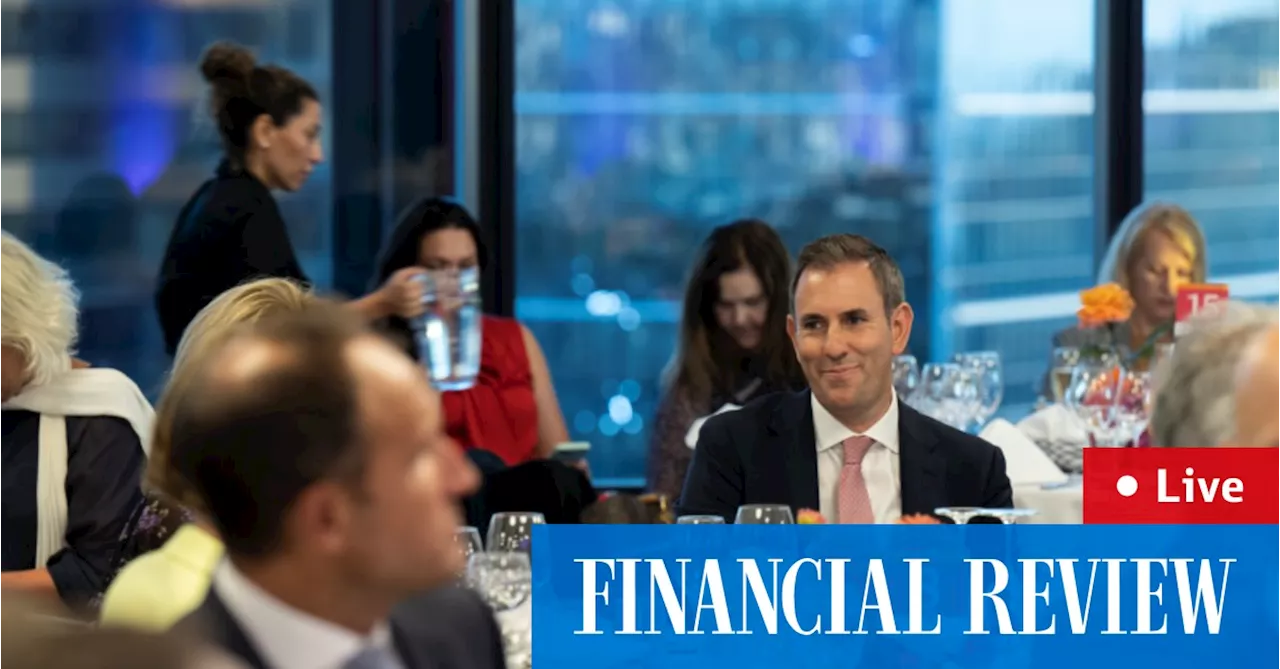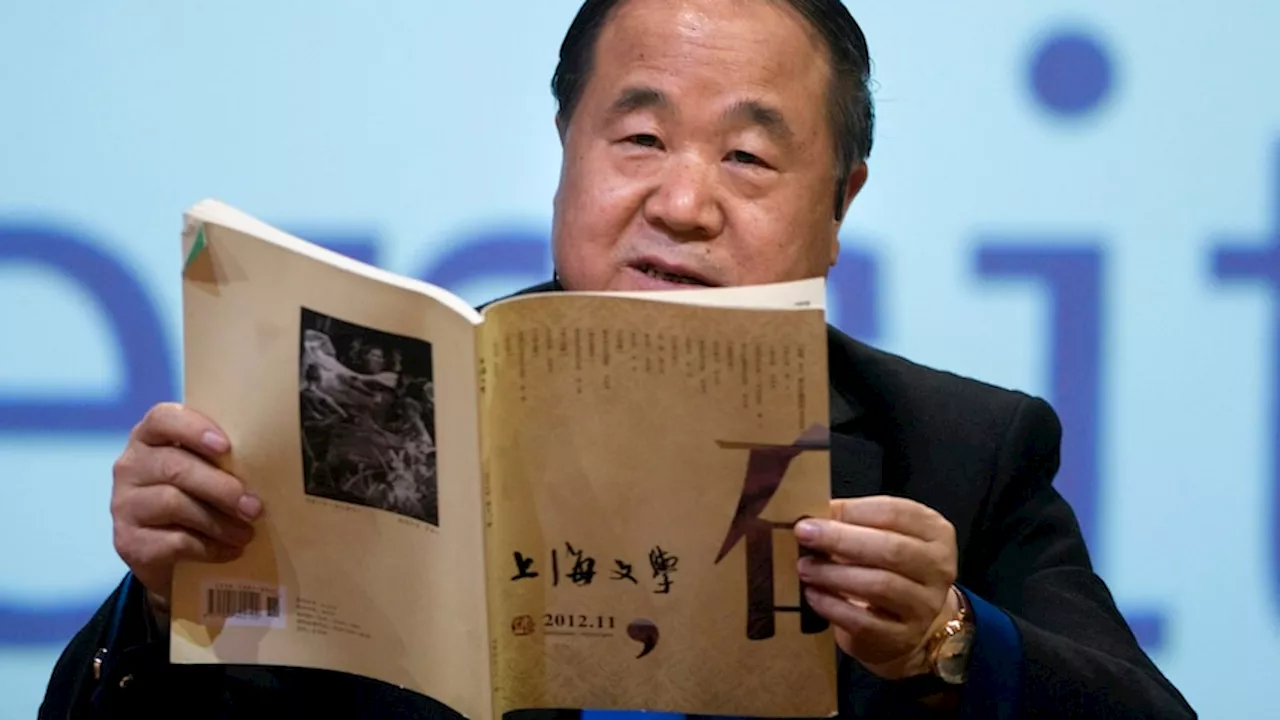The psychologist’s work casting doubt on the rationality of decision-making helped spawn the field of behavioral economics and won him a Nobel Prize.
Already a subscriber?Daniel Kahneman, a psychologist whose work casting doubt on the rationality of decision-making helped spawn the field of behavioral economics and won him a Nobel Prize, has died. He was 90.The New YorkerKahneman upended assumptions about rationality that had dominated economics for decades. He was able to show the logic behind puzzling behaviours –, or why they will drive to a distant store to save money on a small item, but not to make the same saving on an expensive one.
, Kahneman isolated biases that distort decision-making. These include aversion to loss and how the way a question is framed can affect the answer. For example, if a health program will save 200 lives and result in 400 deaths, whether it is accepted may depend on whether its proponents highlight the lives saved or the lives lost.Kahneman said that the brain reacts quickly and on the basis of incomplete information, often with unfortunate results.
Daniel Kahneman was born on March 5, 1934, in Tel Aviv, where his mother was visiting relatives. The family lived in France, having emigrated there from Lithuania. His father, a Jewish chemist, was arrested because of his religion during World War II, then released. After the war, the family moved to Palestine.
“Amos and I shared the wonder of together owning a goose that could lay golden eggs – a joint mind that was better than our separate minds,” Kahneman wrote. “I have probably shared more than half the laughs of my life with Amos.”New York TimesTheir collaboration produced papers, books and innovative experiments such as the ultimatum game, in which a person is given money on the condition that they share it with a second person.
United States Latest News, United States Headlines
Similar News:You can also read news stories similar to this one that we have collected from other news sources.
 Seibold thinking: Why an NRL coach views rugby as more friend than foeUnion and league have been rivals for over a century. But Manly coach Anthony Seibold is building bridges with the Waratahs in the hope of finding an edge.
Seibold thinking: Why an NRL coach views rugby as more friend than foeUnion and league have been rivals for over a century. But Manly coach Anthony Seibold is building bridges with the Waratahs in the hope of finding an edge.
Read more »
 Seibold thinking: Why an NRL coach views rugby as more friend than foeUnion and league have been rivals for over a century. But Manly coach Anthony Seibold is building bridges with the Waratahs in the hope of finding an edge.
Seibold thinking: Why an NRL coach views rugby as more friend than foeUnion and league have been rivals for over a century. But Manly coach Anthony Seibold is building bridges with the Waratahs in the hope of finding an edge.
Read more »
 Financial Review Business Summit: Strong leaders should be assertive, forward-thinkingLucinda Holdforth and NIB CEO Mark Fitzgibbon tell the AFR Business Summit leaders should be assertive and have clear goals for the future; Holdforth warns companies against being too political. Follow updates here.
Financial Review Business Summit: Strong leaders should be assertive, forward-thinkingLucinda Holdforth and NIB CEO Mark Fitzgibbon tell the AFR Business Summit leaders should be assertive and have clear goals for the future; Holdforth warns companies against being too political. Follow updates here.
Read more »
 Photo proves what Aussies are thinkingAustralian supermarkets are hitting customers with the “shrinkflation” phenomenon, where items are decreasing in size or weight while prices either remain or increase.
Photo proves what Aussies are thinkingAustralian supermarkets are hitting customers with the “shrinkflation” phenomenon, where items are decreasing in size or weight while prices either remain or increase.
Read more »
 ‘End of the world vibes’: why culture can’t stop thinking about apocalypseAre we living through the end times? Dorian Lynskey contemplates the books and films that turn our fears into entertainment, and asks why each generation is so drawn to the idea that they will be the last
‘End of the world vibes’: why culture can’t stop thinking about apocalypseAre we living through the end times? Dorian Lynskey contemplates the books and films that turn our fears into entertainment, and asks why each generation is so drawn to the idea that they will be the last
Read more »
 Chinese Nobel-winning author Mo Yan targeted in patriotic lawsuitA patriotic blogger in China is suing prominent novelist Mo Yan over claims his books smeared the ruling Communist Party's reputation, 'beautified' enemy Japanese soldiers and insulted former revolutionary leader Mao Zedong.
Chinese Nobel-winning author Mo Yan targeted in patriotic lawsuitA patriotic blogger in China is suing prominent novelist Mo Yan over claims his books smeared the ruling Communist Party's reputation, 'beautified' enemy Japanese soldiers and insulted former revolutionary leader Mao Zedong.
Read more »
